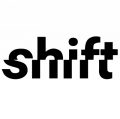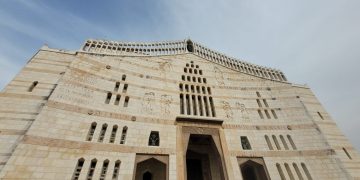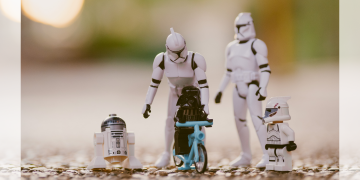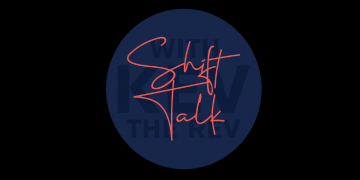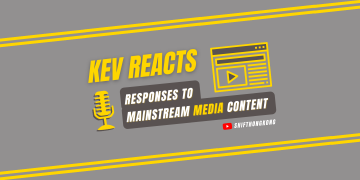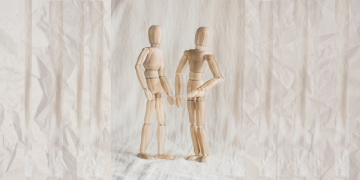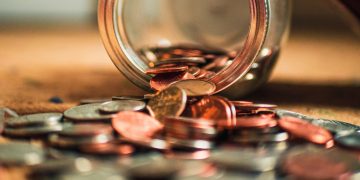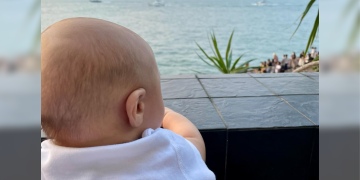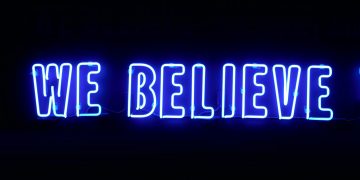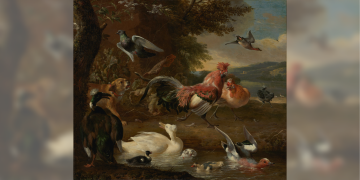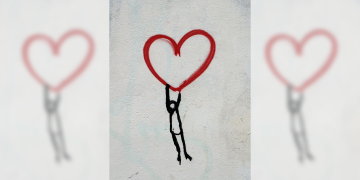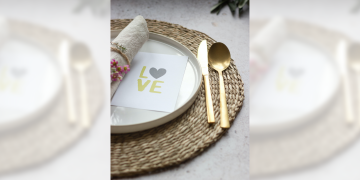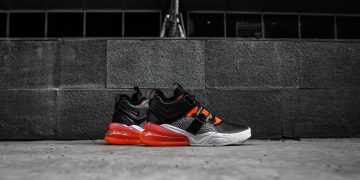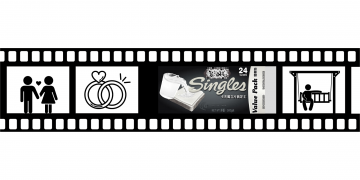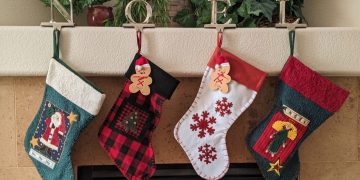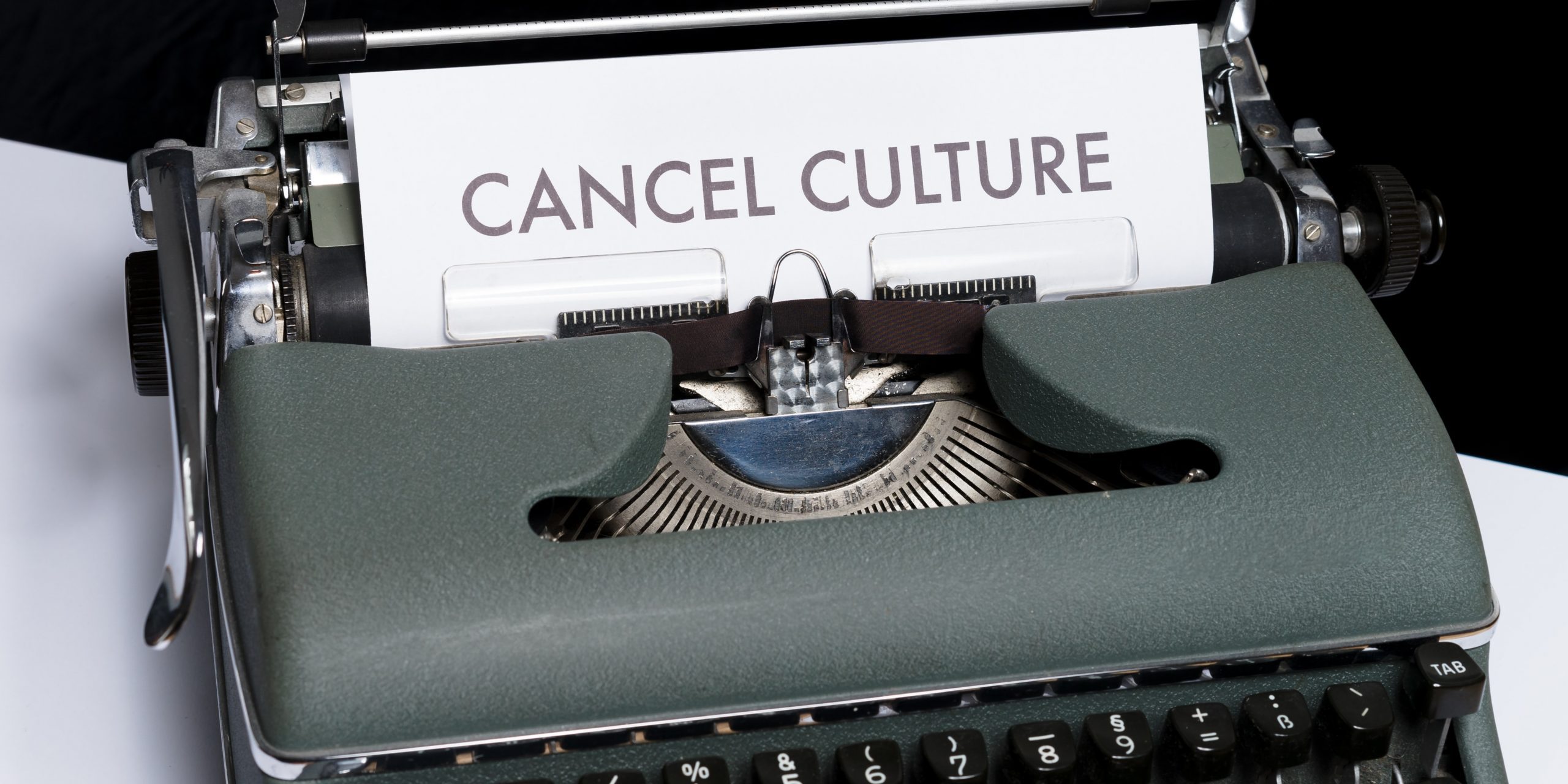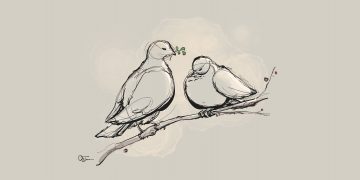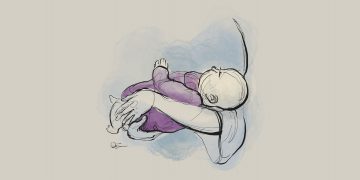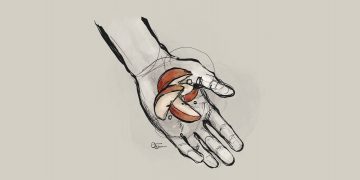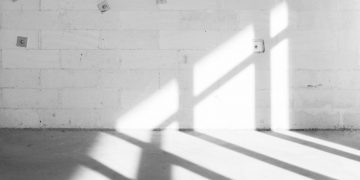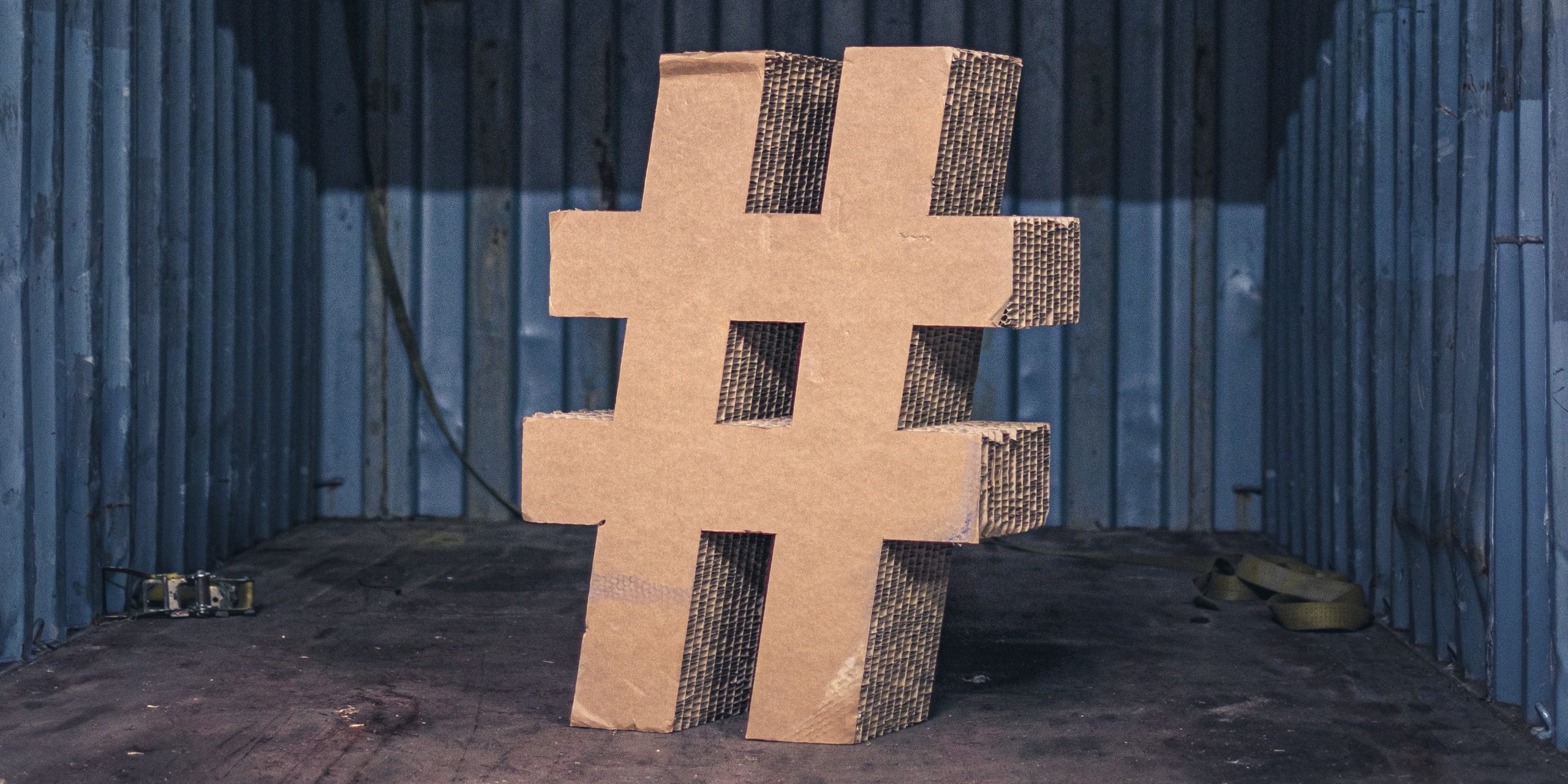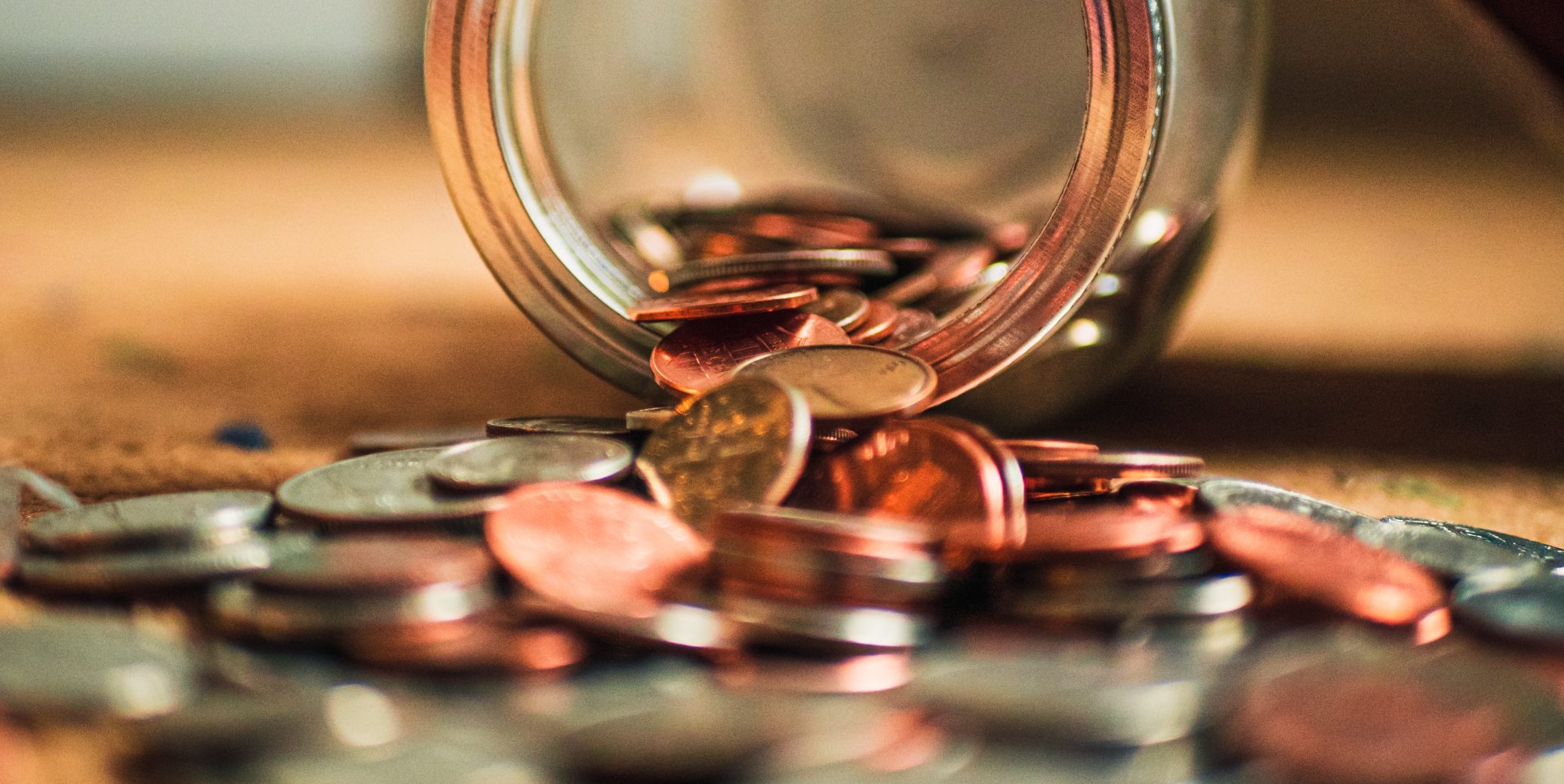Money is tricky. However we handle our finances, it reveals something about our inner nature. If we spend frivolously, it could be telling us about our greed. On the other hand, if we hold onto money in an unhealthy way, it could show us that it’s become an idol.
From a secular perspective, the idea of living frugally is defined through spending less. But from a Christian perspective, it’s not about how much money you saved from buying a sweater that was on sale. It’s not about how good you are at keeping track of coupons, discounts, or which credit cards give you the most cashback rewards. It’s about finding freedom from our personal possessions so that we can redirect our focus and attention towards serving God.
It’s about finding freedom from our personal possessions so that we can redirect our focus and attention towards serving God.
When it’s payday and your bank balance increases, do you feel a sense of achievement? If you do, how long does that feeling usually last? 1 Timothy 6.7-8 teaches us: “For we brought nothing into the world, and we cannot take anything out of the world. But if we have food and clothing, with these we will be content.” What role does money play in your life? If holding onto it gives you a false sense of security, then I encourage you to take a deeper look at what your personal possessions mean to you.
Paul says in Romans 12.2, “Do not be conformed to this world, but be transformed by the renewal of your mind, that by testing you may discern what is the will of God, what is good and acceptable and perfect.” It’s easy to be blinded by material objects, and even easier to tie our worth or status to them, but it’s important for us to see these items for what they really are – transient and impermanent, incomparable to what God has promised us.
David also reminds us in Psalm 24.1 that “The earth is the Lord’s and the fullness thereof, the world and those who dwell therein”. If we hold ownership of our possessions loosely, and instead cling to the fact that we are living under the gracious provision of God, this frees us up to live a life that God intended us to. Micah 6.8 says, “He has told you, O man, what is good; and what does the Lord require of you but to do justice, and to love kindness, and to walk humbly with your God?”
If we hold ownership of our possessions loosely, and instead cling to the fact that we are living under the gracious provision of God, this frees us up to live a life that God intended us to.
If God has blessed you with financial security and resources, then living frugally could be a way for you to serve His Kingdom by using these gifts not just for yourself, but to bless the world around you. If you’re decluttering material items in your life, you could also see it as making literal and metaphorical space to care for those in your community. Using the finances and resources that God has gifted you can be a wonderful way for you to, in turn, show God’s love to others. This also develops a selfless and generous mindset that continues to translate into tangible actions.
If God has blessed you with financial security and resources, then living frugally could be a way for you to serve His Kingdom by using these gifts not just for yourself, but to bless the world around you.
If money, both the abundance and the scarcity of it, holds power over you, then it is important to reevaluate what it really is. Perhaps it’s serving as an idol in your life when you find yourself caught up in the rat race of living. But remember that we get true contentment from God; we have the freedom to not be controlled by our possessions (or the lack thereof). Instead, we can look for ways to release money from the power it has over us, and use it as a tool to do God’s work.
… remember that we get true contentment from God; we have the freedom to not be controlled by our possessions (or the lack thereof).
